
The United Nations' global development network has allocated one million dollars for tech-savvy and innovative youth that will develop homegrown solutions helpful in the fight against the Novel Coronavirus (COVID-19).
The United Nations Development Programme (UNDP) has granted the funding to the Ministry of Innovation & Technology to be channeled to partner agencies and organisations that are implementing different approaches to preventing and controlling the spread of the virus.
The funding will go to professional associations and academics, individuals, groups and institutions that come up with inventive ideas as well as prototypes and designs for the prevention of COVID-19. The Ministry, which promotes the research and execution of technologies to enhance and develop the country’s technological reforms, will facilitate the technical, financial and raw material supports for selected winners.
"It can make a big difference in the fight against COVID-19," said Turhan Saleh, UNDP resident representative.
A total of 446 individuals, groups and institutions have presented their designs and prototypes to prevent the spread of the virus between April 16 and April 24, 2020. Mechanical ventilators, touch-free hand washing machines and robots that deliver door-to-door service are among the proposed products. Contenders should be Ethiopian citizens and should source the inputs and raw materials from the local market.
The proposals are under review by the Technology & Innovation Institute, Ethiopian Biotechnology Institute, Information Network Security Agency (INSA), Ethiopian Public Health Institute (EPHI) and the Ministry.
The technical evaluation findings will be presented to senior management of the Ministry and UNDP, according to Turhan.
"Then the UNDP will release the grants to the winners," said Turhan.
The maximum estimated cost for a project is 40,000 dollars, but can be adjusted if it needs improvement, according to Sandokan Debebe, director-general at the Technology & Innovation Institute, which was established for the research and development of technological innovations.
"Some of the proposed programmes are innovative but not scientific," said Sandokan, "so our staff are helping the applicants change the prototype to be scientific."
The evaluation process was expected to be completed two weeks ago, and the winners were supposed to be announced on May 2, but the process has been delayed.
"It's not going as well as planned, even if the technical evaluation stage is complete," said Muluken Kere, deputy director-general at the Institute. "The programme is a bit slower than planned, and winners will be announced this week."
After the winners are identified, the Ministry of Finance will allocate additional funds to support the mass production of the products.
The final winning product will be produced in conjunction with manufacturers after the government verifies the functionality of the prototype, according to Muluken.
Experts in the technology sector appreciate the Ministry’s approach to inventing COVID-19 solutions for the country.
It is very encouraging to try to create solutions to the current situation, according to Eshetie Berhan (PhD), an associate professor at Addis Abeba University’s Institution of Technology in the Department of Mechanical & Industrial Engineering. However, he doubts whether the companies have the experience and capacity to mass produce the results.
A mechanical ventilator is not that hard to produce and can easily be created from an AC motor, fibreglass or aluminium, according to Eshetie, who adds that it will be challenging to make an oxygen extractor, since it is a piece of medical equipment used for the respiratory system.
Ever since the first COVID-19 case was reported in Ethiopia, the authorities in this country of more than 110 million people have been taking measures to contain the potential spread of the virus. So far the measures have included suspending flights to over 90 countries, closing public and private schools, banning public gatherings and declaring a state of emergency, all of which instantly affected day-to-day life.
PUBLISHED ON
May 09,2020 [ VOL
21 , NO
1045]
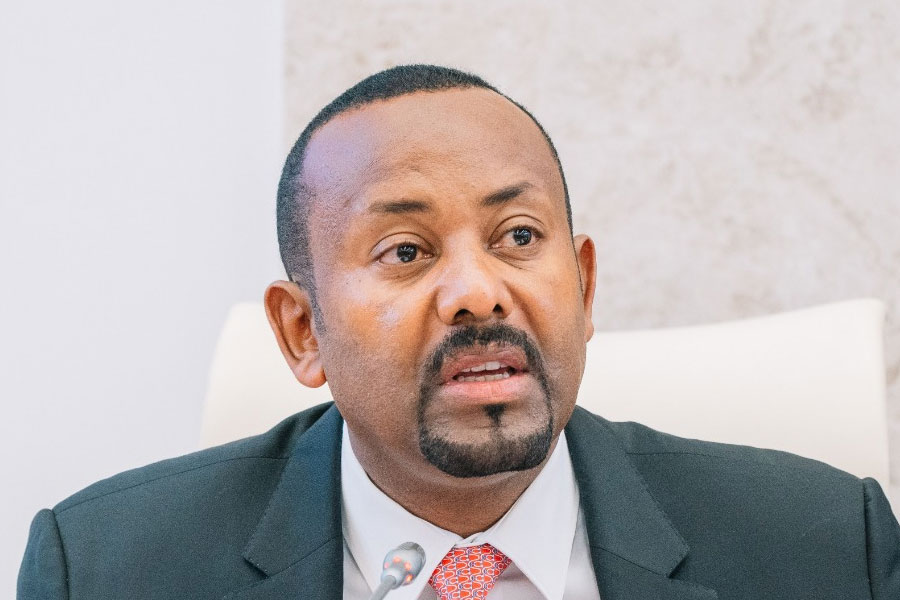
Verbatim | Aug 26,2023

Life Matters | Sep 20,2025
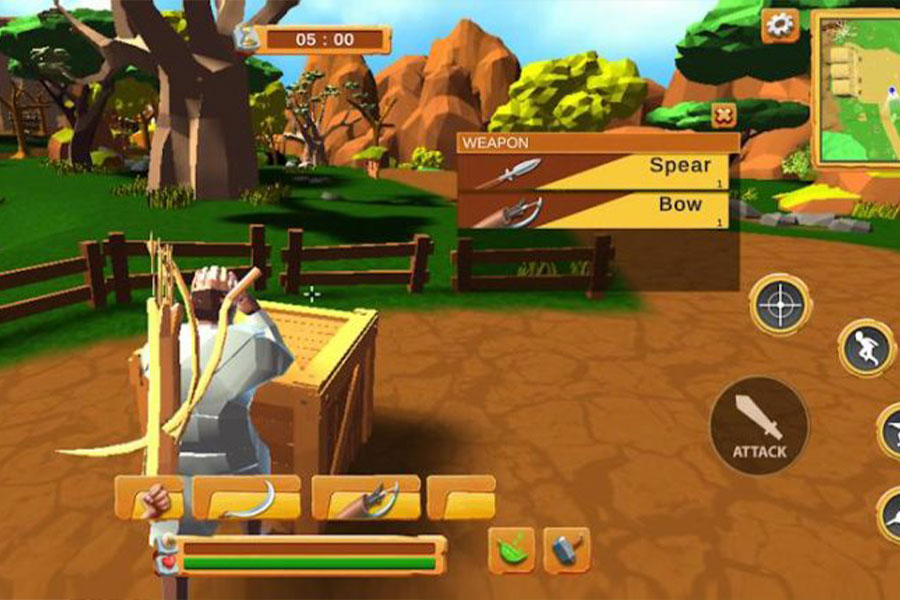
View From Arada | May 10,2025

Fortune News | Jul 29,2023
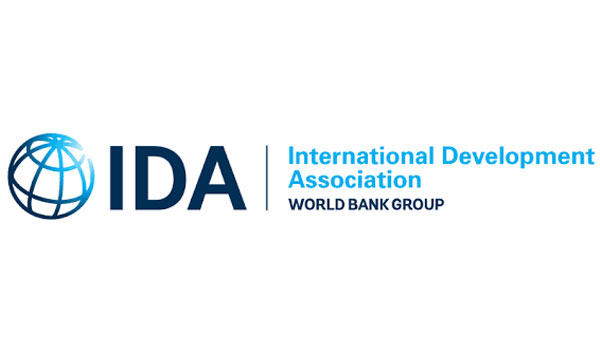
Fortune News | Jun 01,2019

Radar | Feb 27,2021
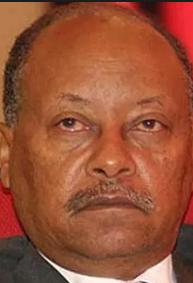
Verbatim | Sep 24,2018

Commentaries | Jul 20,2024
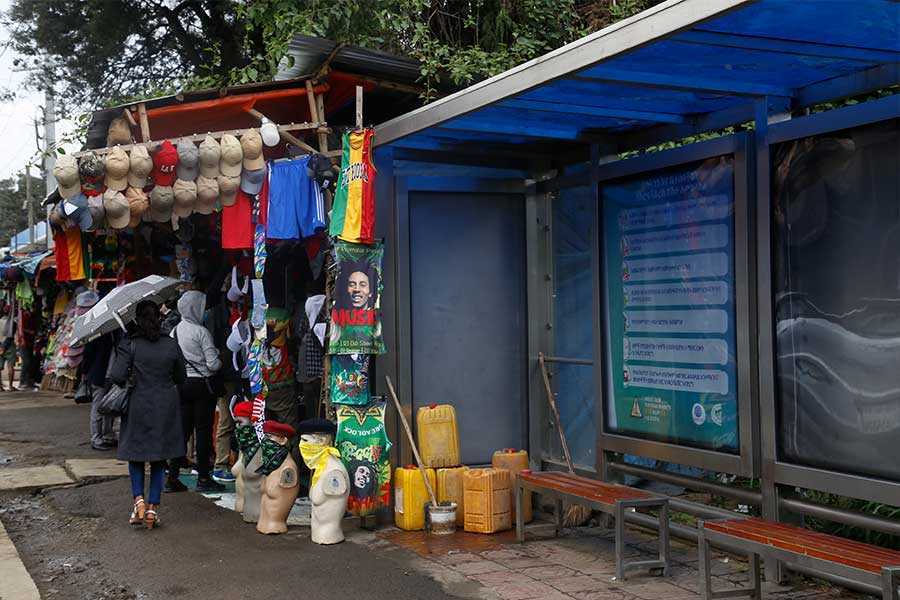
Radar | Jun 27,2020

Editorial | Apr 29,2023

Dec 22 , 2024 . By TIZITA SHEWAFERAW
Charged with transforming colossal state-owned enterprises into modern and competitiv...

Aug 18 , 2024 . By AKSAH ITALO
Although predictable Yonas Zerihun's job in the ride-hailing service is not immune to...

Jul 28 , 2024 . By TIZITA SHEWAFERAW
Unhabitual, perhaps too many, Samuel Gebreyohannes, 38, used to occasionally enjoy a couple of beers at breakfast. However, he recently swit...

Jul 13 , 2024 . By AKSAH ITALO
Investors who rely on tractors, trucks, and field vehicles for commuting, transporting commodities, and f...

Oct 11 , 2025
Ladislas Farago, a roving Associated Press (AP) correspondent, arrived in Ethiopia in...

Oct 4 , 2025
Eyob Tekalegn (PhD) had been in the Governor's chair for only weeks when, on Septembe...

Sep 27 , 2025
Four years into an experiment with “shock therapy” in education, the national moo...

Sep 20 , 2025
Getachew Reda's return to the national stage was always going to stir attention. Once...